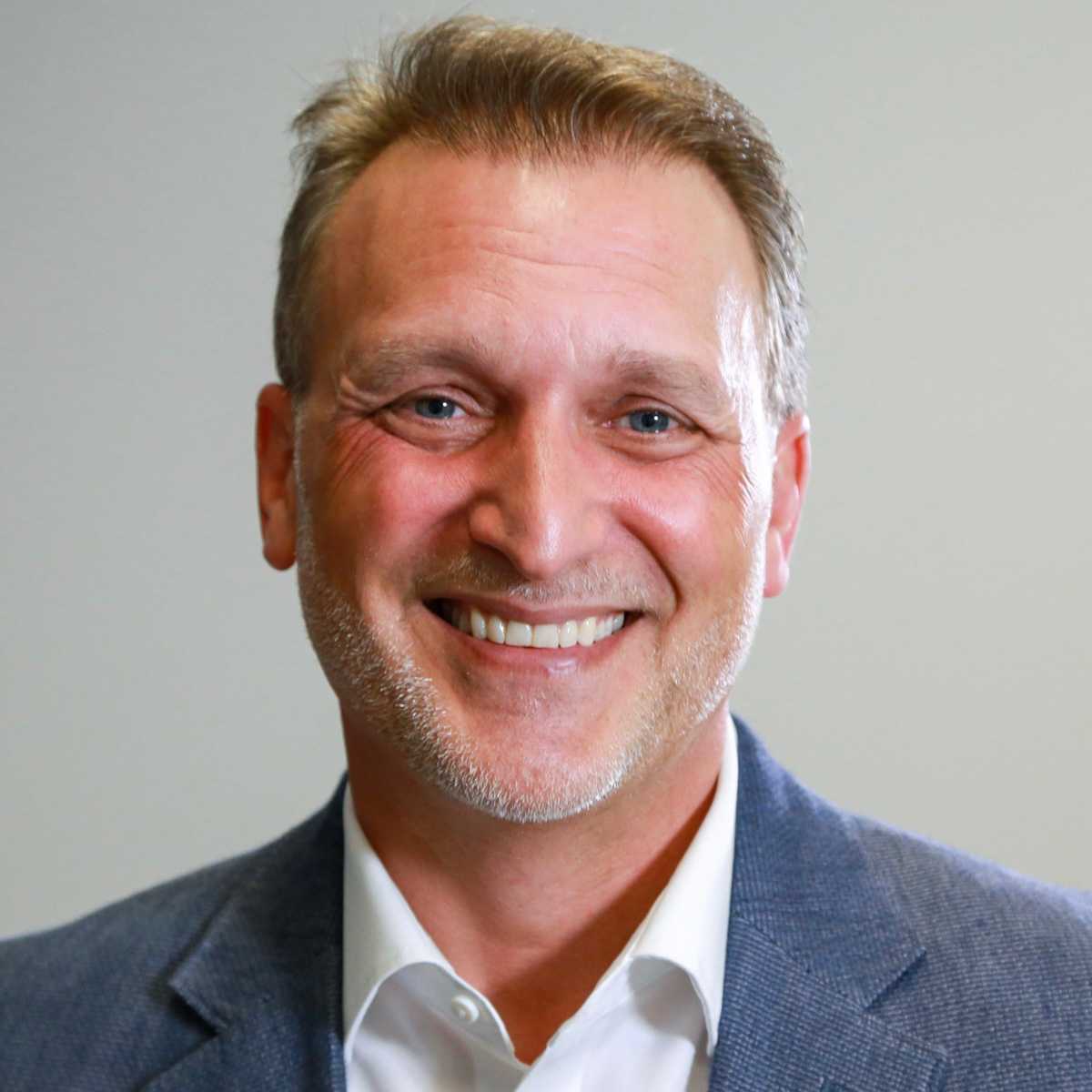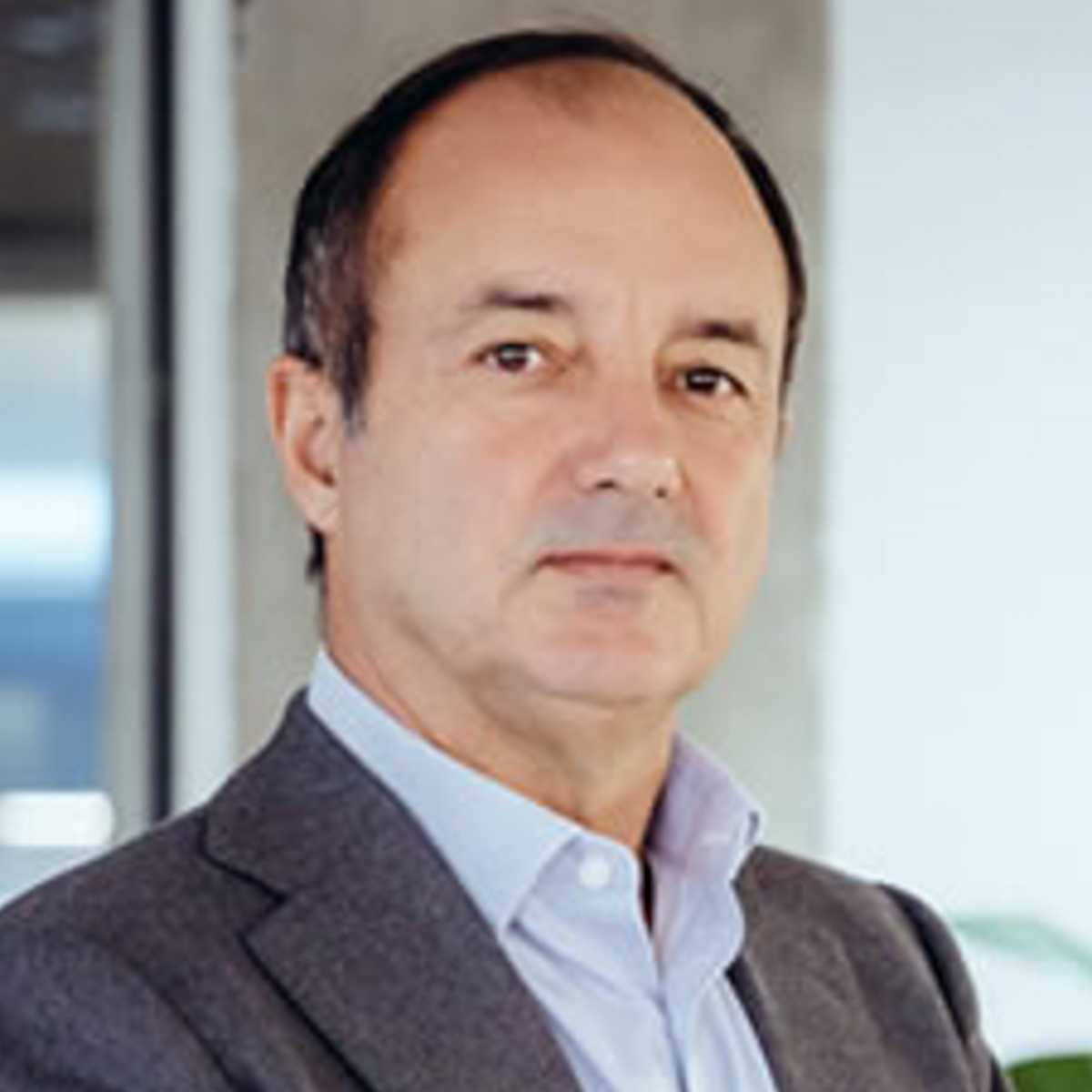

When having a discussion with colleagues about how to celebrate International Women’s Day this year, we were keen to leaning into this year’s theme and getting a mixture of voices heard around the issue. With the rich experience that all APCO employees have, it was tough to pick a full range of voices. We recently organized two virtual global panels to address the overall question of equality in society and the role that we play in pushing the conversation forward.
APCO commissioned these panels with a mixture of company leaders because as a majority women-owned, international company, we believe we’re uniquely positioned and have a responsibility to push for a more equal world. According to the World Economic Forum’s 2020 Global Gender Gap Report, women are 257 years behind men at the present moment. This compares to the 2019 report which reported a 202-year gap. This means that a girl born in 2020 is 257 years behind the boy born on the same day at the same time. It also means that at the current pace, it would take 257 years for women to achieve parity with men.
Diversity of thought makes society and businesses stronger and more resilient. At APCO, we know that diverse thinking spurs creativity, unites teams and enhances client services. These panels, and these conversations also humanize us—they bring reality to the forefront and together we bear witness not only to work that our colleagues do at APCO, but the work they put in at home to create a better world all together.
The first panel for colleagues in the Middle East and Asia offices—moderated by Rahul Sharma, managing director of APCO India—included JJ Lee, chief client officer, South East Asia & Korea; Elizabeth Sen, chief client officer, Middle East; and Jeff Astle, managing director, Shanghai. The second panel for colleagues in North America and Europe offices—moderated by Alison Chisnell, Global Talent Director in APCO office in London—included Tracy Mathews, creative director, Washington, D.C.; Polly Kennedy, deputy managing director, London; Theo Moore, managing director, Brussels; and Liza Olsen, senior director, Los Angeles.
Each for Equal
For the APCO panelists, Each for Equal means that everyone has a voice and that it is heard; regardless of their preferred working style, they are empowered to speak their voice and are able to do their job the best that they possibly can. It also means recognizing inherent privileges and using them to empower others to short-circuit the mistakes that the privileges represent. We all must make a conscious, deliberate decision to reinforce equality between both men and women and lift up those who feel unable to speak up in conversations by empowering them and providing them the space to do so.
The panelists said that we must consider the trajectory of equality from the past and into the future and recognize how our actions today change the habits of the past to create a better life in the future. This means seeing people for the unique skillsets that they bring to the table, instead of placing binary expectations of what is inherently female or what is inherently male. This also means creating spaces where everyone can be recognized to their fullest capabilities
Equality in the Workplace
At APCO, we have extensive mentorship programs. Men and women are often trained to approach the world in vastly different ways and mentorship helps to bridge the gap. Being a mentor means advocating for people working for you and for talented people across the firm and outside your respective offices. We must challenge and combat inequalities with honest conversations; inequalities cannot be remedied unless they are pointed out to people who may otherwise be unaware. Equality in a team is ensuring that team members have access and exposure to the opportunities that they want. Equitable exposure ensures that colleagues have access to the developmental opportunities that drew them to APCO.
Building towards equality in the workplace requires encouraging the shift from a competitive and aggressive business approach to a softer, more empathetic and communications-based approach. This includes staffing client accounts by taking a strengths-based approach; it’s less about who you are, but what skills, assets and knowledge you bring to the table. Champion flexibility and understand that employees are happier when they have the flexibility to have a powerful career and also be present to help raise a family. Companies that don’t have flexibility often force employees, and traditionally women, to choose between their careers and their families.
We must also acknowledge privilege, and that those born with inherent advantages have a responsibility to break down barriers for people born without those same privileges. This means embracing the lessons from other’s experiences; taking the time to have conversations with one another allows empathy to thrive—particular with women who have children who may be tasked with balancing household work with their career.
As a society, we need to acknowledge where there are gaps that need to be filled. When an environment clearly lacks diversity, particularly at the senior level, those with more diverse backgrounds may fail to see themselves achieving a senior position. Admit that there is work to be done and take action to fix it.
This piece was coauthored by Dominique Scott and Kanika Arora.


